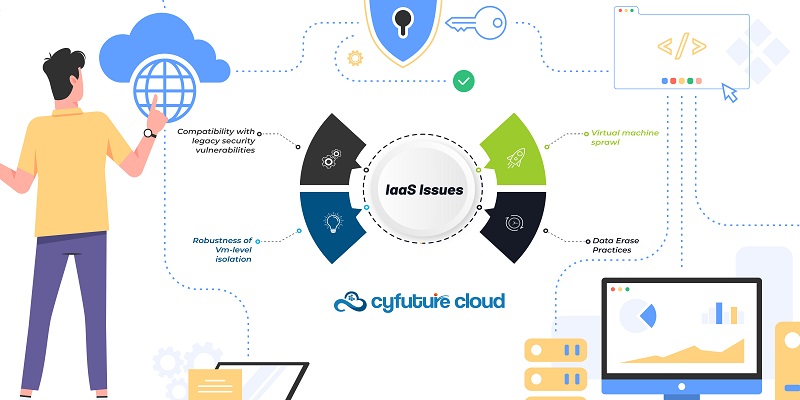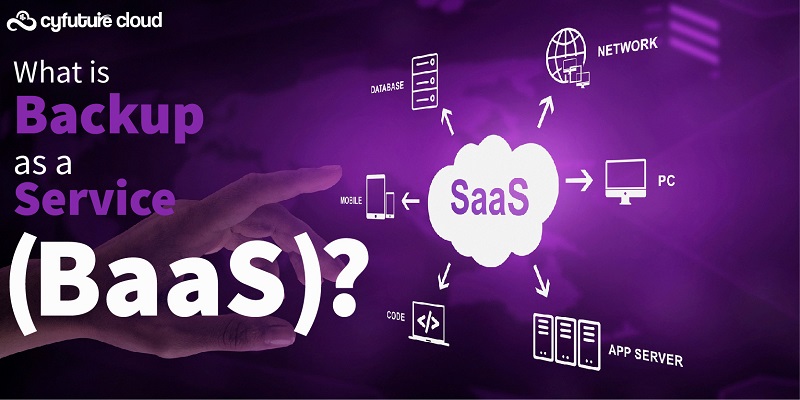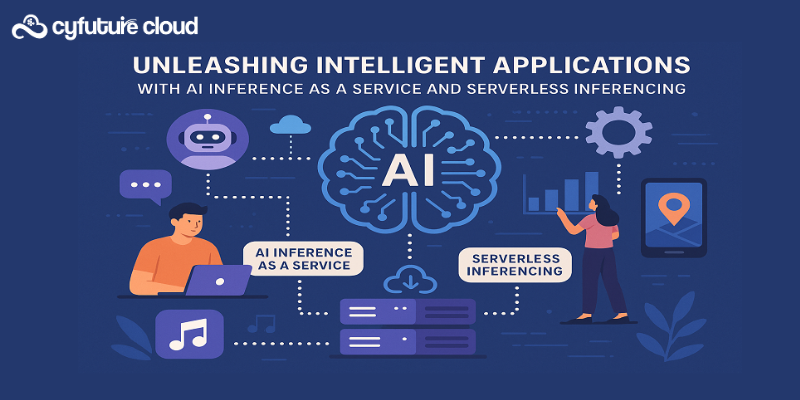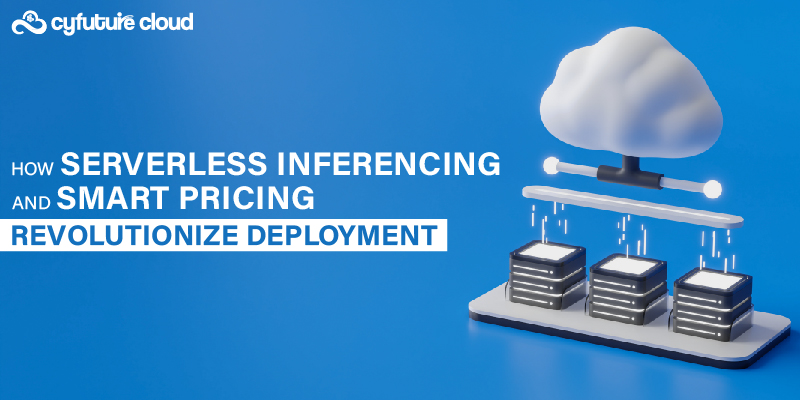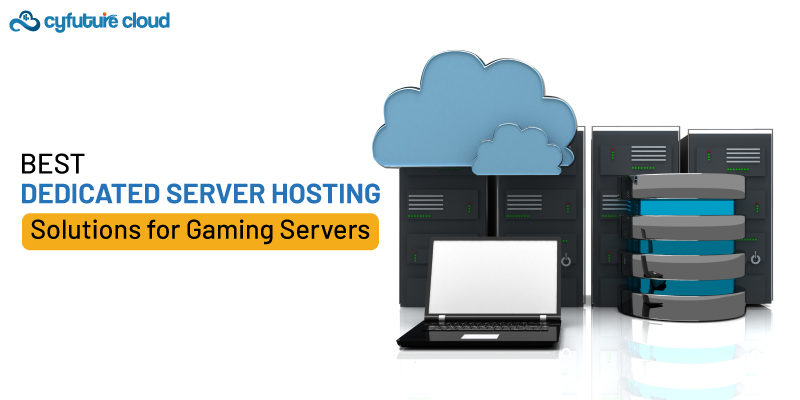Table of Contents
A specific kind of cloud computing service known as infrastructure as a service in cloud computi (IaaS) provides basic computation, storage, and networking resources on demand and on a pay-as-you-go basis. IaaS is one of the four categories of cloud services, along with serverless, platform as a service, and software as a service (SaaS).
You can reduce the maintenance of on-premises data centers, save money on hardware, and obtain real-time business insights by moving your organization’s infrastructure to an IaaS service. IaaS solutions provide you the freedom to adjust the number of IT resources you have according to demand. Additionally, they improve the dependability of your underlying infrastructure while assisting you in quickly provisioning new applications.
You may avoid the expense and difficulty of purchasing and managing actual servers and data center equipment using IaaS. You only pay for a specific resource for as long as you really use it because each resource is provided as a separate service component. Your own software, including operating systems, middleware, and applications, is what you buy, install, configure, and administer while the infrastructure is managed by a cloud computing service provider like Cyfuture Cloud
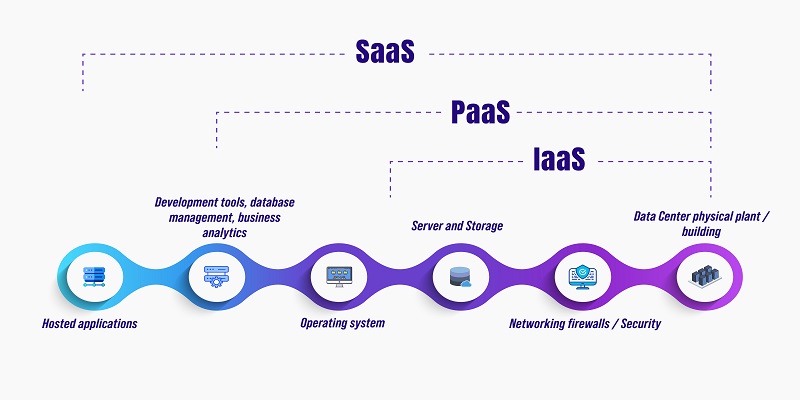
Typical IaaS business situations
Moving with a lift and a shift
This is the quickest and most affordable way to move a workload or application to the cloud. You can boost scale and performance, improve security, and lower the cost of running an application or workload without rewriting the underlying architecture.
Development and testing
Your team can swiftly set up and take down test and development environments, hastening the release of new applications. Scaling up and down development and test environments is quick and affordable with IaaS.
Backup, archiving, and restoration
By avoiding the capital expenditure for storage and the complexity of storage management—which often calls for professional personnel to maintain data and adhere to legal and compliance requirements—your firm avoids these costs. IaaS is helpful for managing fluctuating demand and escalating storage requirements. Additionally, it can make the management and planning of backup and recovery systems simpler.
Web applications
IaaS offer all the necessary infrastructure, such as storage, web and application servers, and networking resources, to host online programs. When demand for the apps is unexpected, your company can easily scale infrastructure up and down using IaaS and deliver web apps quickly.
The use of powerful computers
Supercomputers, computer grids, and computer clusters are used for high-performance computing to solve difficult problems with millions of variables or calculations. Examples include simulations of protein folding and earthquakes, climate and weather forecasts, financial modeling, and assessments of product design.
Advantages of infrastructure as a service in cloud computing
Lower capital expenses, and reduces costs
IaaS is a cost-effective option for moving to the cloud because it avoids the expense of setting up and managing a physical data center. Your IT team can concentrate on your core business while reducing hardware costs and upkeep thanks to the pay-as-you-go subscription models employed by IaaS providers.
The size and performance of IT tasks are increased
IaaS enables you to scale internationally and handle peaks in resource demand. By doing so, you may speed up the delivery of IT resources to workers anywhere in the world and improve application performance.
Improves supportability, stability, and dependability
IaaS eliminates the need for ongoing software and hardware maintenance, upgrades, and troubleshooting. The service provider guarantees your infrastructure is dependable and adheres to service-level agreements with the proper agreement in place (SLAs).
Increases disaster recovery and business continuity
It costs money to achieve high availability, business continuity, and disaster recovery because these things need a lot of staff and technology. But IaaS can help to lower this cost if the proper SLA is in place. Additionally, it enables normal access to apps and data in the event of a catastrophe or outage.
Improves security
A cloud service provider can provide better protection for your applications and data than you could internally with the right service agreement.
Helps you innovate and distribute new applications to users more quickly
With IaaS, the required computer infrastructure can be ready in minutes or hours as opposed to days or weeks once you’ve decided to launch a new product or endeavor. Additionally, IaaS enables you to deploy your apps to users more quickly because you don’t need to set up the supporting infrastructure.
Issues
IaaS has problems similar to PaaS and SaaS, such as browser-based dangers and network dependence. Additionally, it has several particular problems, which are shown in the diagram below:
Compatibility with historical security flaws
IaaS exposes consumers to all of the security flaws in such legacy software because it allows the client to run it on the provider’s infrastructure.
The sprawl of virtual machines
Because IaaS gives the user the option to operate the virtual machines in a running, suspended, or off state, the VM may become out-of-date with respect to security upgrades. Such VMs can be updated automatically by the provider, however, this mechanism is difficult and complex.
Dependability of VM-level isolation
Through hypervisor, IaaS provides each individual customer with a private environment. A software layer called a hypervisor enables hardware support for virtualization, which divides a physical computer into several virtual computers.
Data deletion procedures
The customer makes use of virtual machines, which in turn make use of the shared disc resources that the cloud provider offers. The cloud service provider must make sure that no data from the prior customer is left behind when the consumer leaves the resource.
Take Away:
Infrastructure-as-a- Access to basic resources like real machines, virtual machines, virtual storage, etc. is provided by services. In addition to these resources, the IaaS provides:
- Storage for virtual machine discs
- Local area network that is virtual (VLANs)
- IP addresses for load balancer
- software packages
For more details, get in touch with our experts at Cyfuture Cloud. We ensure free consultation for all your queries and requirements for not only IaaS but also multi-cloud infrastructure.
Recent Post
Send this to a friend

 Server Colocation
Server Colocation CDN Network
CDN Network Linux Cloud Hosting
Linux Cloud Hosting Kubernetes
Kubernetes Pricing Calculator
Pricing Calculator
 Power
Power
 Utilities
Utilities VMware Private Cloud
VMware Private Cloud VMware on AWS
VMware on AWS VMware on Azure
VMware on Azure Service Level Agreement
Service Level Agreement 